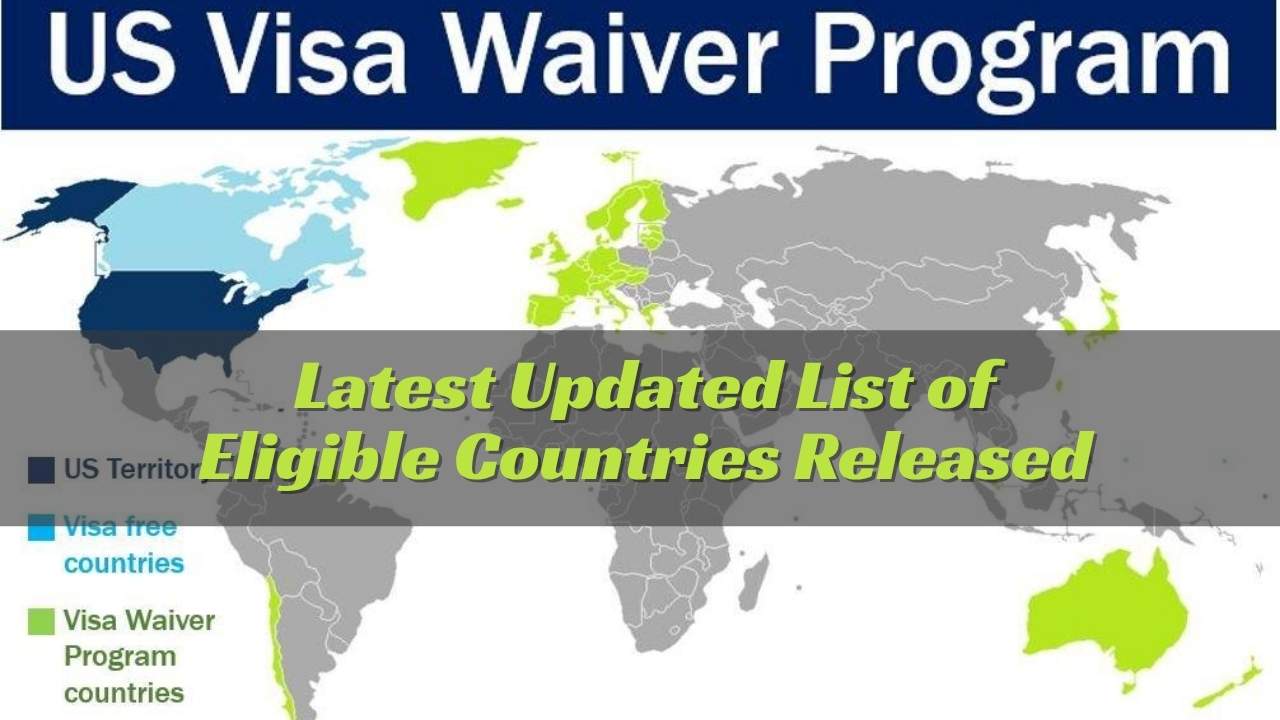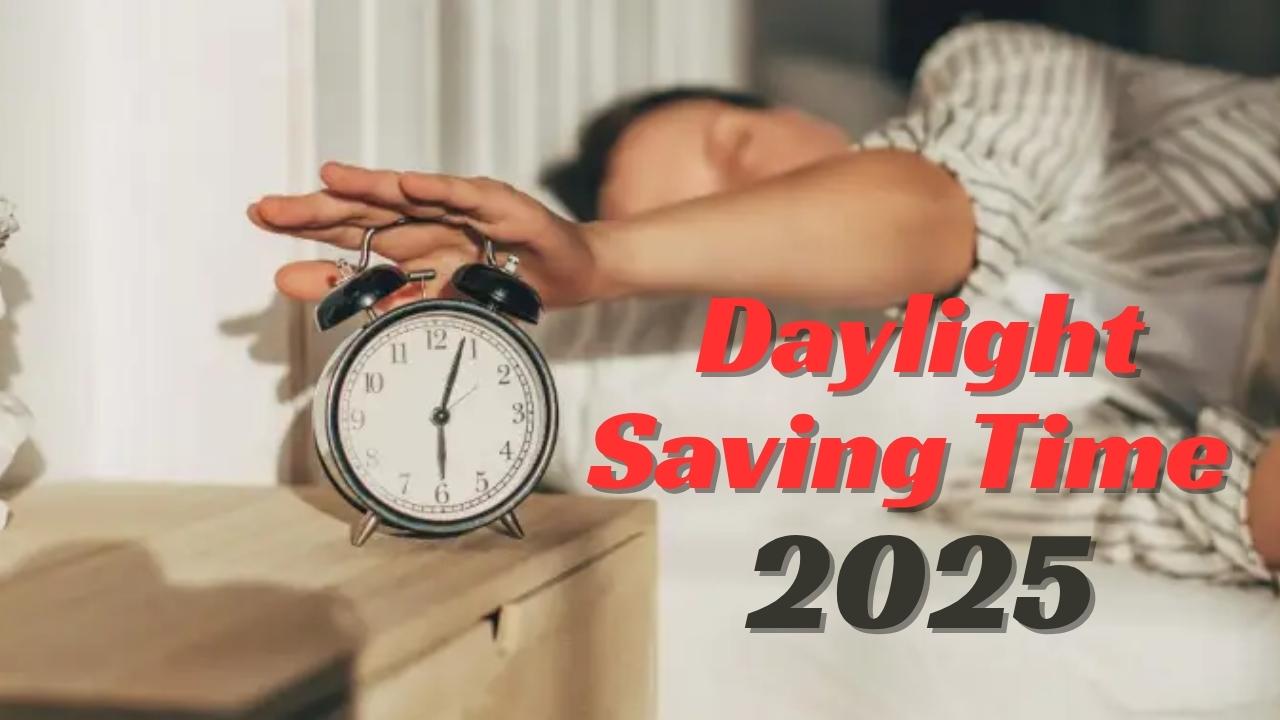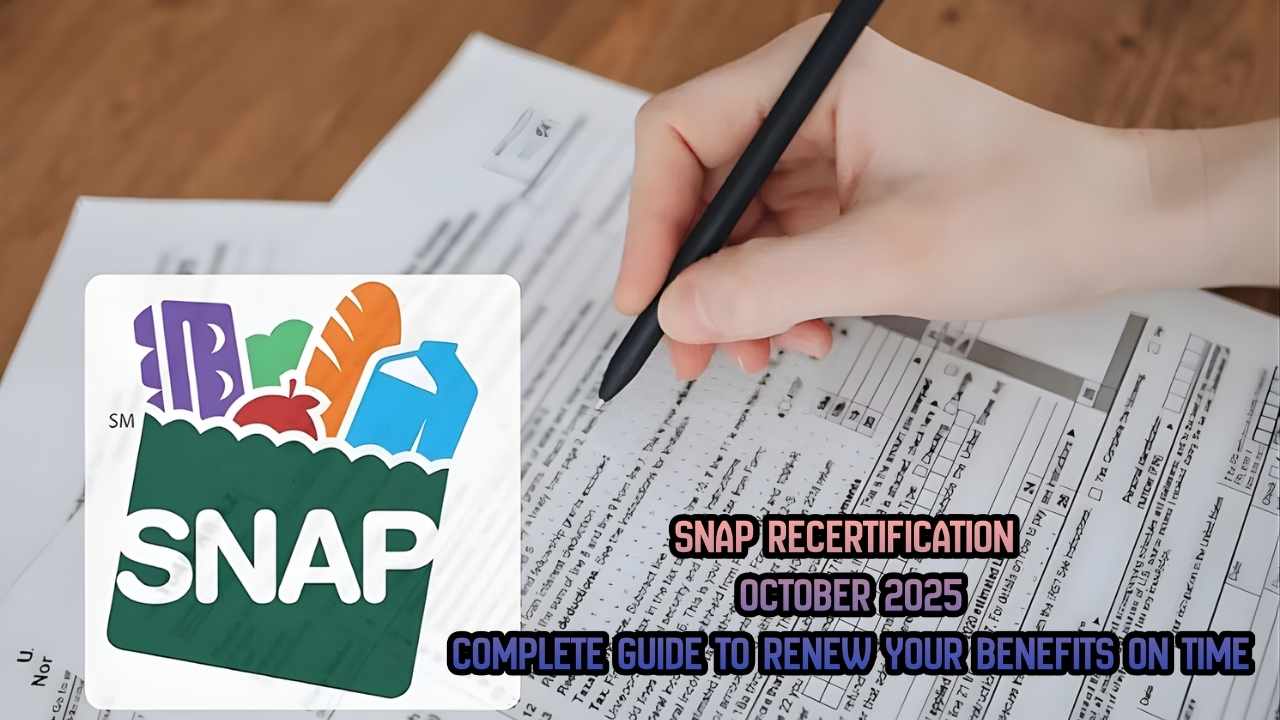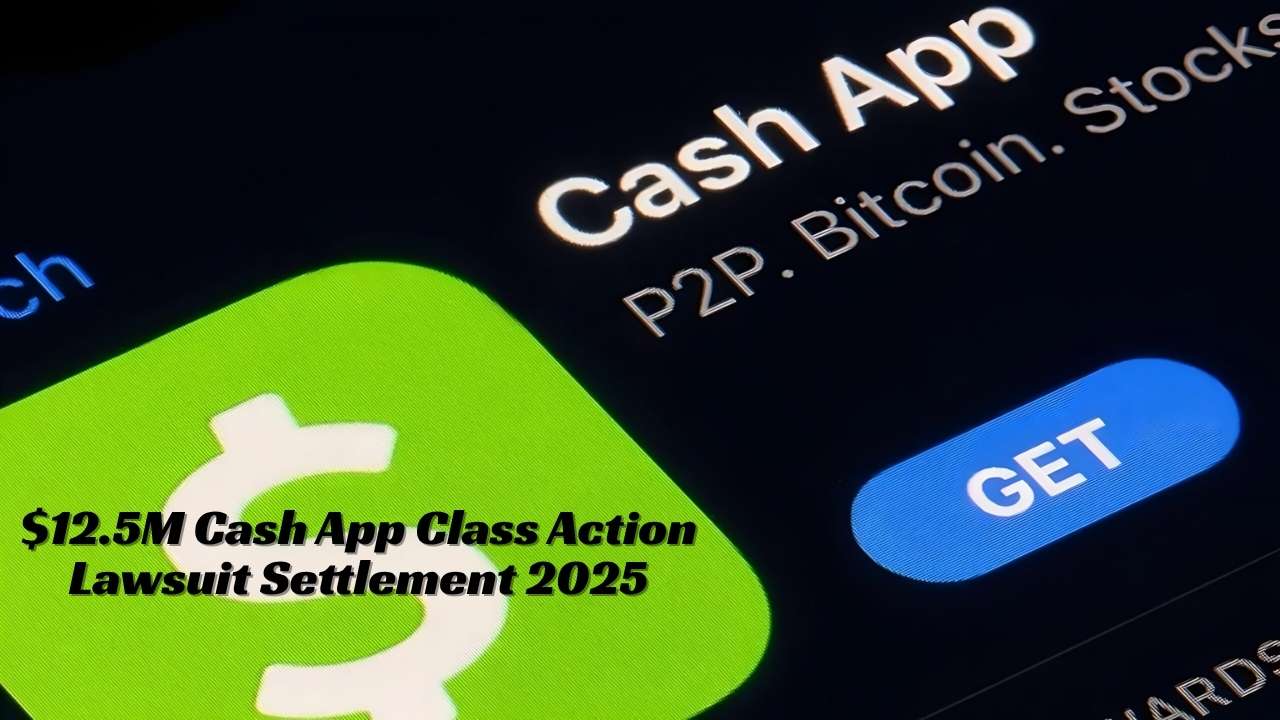Lots of Americans receiving Social Security and Supplemental Security Income (SSI) benefits will see two more payments before the end of October 2025, leading some to believe they are getting an unexpected boost. But while the timing may look unusual, the explanation is simpler, it is just how the Social Security Administration’s payment calendar works this year.
Because the first day of November falls on a Saturday, the SSA must issue certain payments early. That means SSI recipients and some retirees will receive their money ahead of schedule, even though it’s technically their November benefit, not a bonus or extra check.
Two Social Security Deposits Before November? The Truth Behind the Timing
Every year, the Social Security Administration (SSA) adjusts its payment dates when scheduled deposit days fall on weekends or federal holidays. Federal law requires benefits paid on the last business day before those dates, ensuring recipients never have to wait past their usual payday.
This calendar quirk is why two groups, SSI recipients and retirees with birthdays from the 21st through the 31st — will get their payments before November officially begins.
- SSI recipients (who usually receive payments on the 1st of each month) will get their November payment on 31 October, Friday.
- Retirement and disability beneficiaries with late-month birthdays will get their October payment on Wednesday, 22 October.
In other words, the system isn’t issuing “extra” money, it is simply following federal scheduling rules that shift certain payments earlier.
Official SSA Payment Schedule For Late October and Early November 2025
Here’s how the rest of the 2025 Social Security payment calendar looks as October ends and November begins –
| Date | Who Gets Paid | Type of Benefit |
|---|---|---|
| 22, October 2025 | Retirees & disability beneficiaries with birthdays b/w 21 – 31 | October benefit |
| 31, October 2025 | SSI recipients | Early payment for November |
| 3, November 2025 | Retirees & disability beneficiaries who began receiving payments before May 1997 | Regular November benefit |
| 12, November 2025 | Birthdays between the 1st – 10th | Regular November benefit |
| 19, November 2025 | Birthdays between the 11th – 20th | Regular November benefit |
| 26, November 2025 | Birthdays between the 21st – 31st | Regular November benefit |
This schedule completes both the October payment cycle and the advance SSI disbursement for November before the new month begins.
Who Will Receive the Early Payments?
The two early deposits affect distinct groups –
1. Supplemental Security Income (SSI) Recipients
SSI payments are always made on the 1st of each month, but when that date lands on a Saturday, Sunday, or federal holiday, the SSA moves it to the previous business day.
Since 1 November 2025, is a Saturday, SSI beneficiaries will get their November payment on Friday, October 31. This ensures no delay, but it also means SSI recipients will not receive another payment until 1, December 2025 creating a slightly longer gap between deposits.
2. Retirees and Disability Beneficiaries (Birthdays 21 – 31)
Retirees and SSDI beneficiaries whose birthdays fall between the 21st and 31st of any month always receive their payments on the fourth Wednesday. This month, that date is 22 October.
That’s the final Social Security retirement/disability payment for the October cycle. The next regular payments will follow in November, according to the SSA’s schedule.
Importantly, no one is getting paid twice for October, the early SSI payment is the November benefit issued ahead of schedule.
Social Security Calendar Rules Explained
The SSA’s payment system follows a predictable structure that spreads deposits across the month to avoid overloading the system and ensure steady distribution. Here’s how it works for most beneficiaries –
- 2nd Wednesday – Birthdays on the 1st – 10th.
- 3rd Wednesday – Birthdays on the 11th – 20th.
- 4th Wednesday – Birthdays on the 21st – 31st.
- 1st of each month – SSI recipients.
- 3rd of each month – Beneficiaries who began receiving Social Security before May 1997.
When any of these dates fall on a weekend or federal holiday, the payment is automatically shifted to the preceding business day.
This system ensures beneficiaries never lose a payment and helps the SSA keep its deposits consistent, even during government shutdowns or holidays.
Government Shutdown: Will Payments Still Arrive?
Despite the ongoing federal government shutdown that began on 1 October 2025, the SSA confirms that Social Security and SSI payments will not affected.
That’s because these programs are considered mandatory spending and are funded through payroll taxes and trust funds, not through the annual federal budget process currently stalled in Congress.
However, the shutdown has forced many SSA offices to operate with reduced staff, which may delay administrative services like benefit verification, appeals, and corrections. The agency encourages beneficiaries to use the online SSA portal for faster service.
What This Means for Beneficiaries?
While two more payments will arrive before November, recipients should remember that –
- These are not extra payments, they are scheduled advances based on the federal calendar.
- There will a longer gap between the early SSI payment on 31 October and the next on 1 December.
- Retirees will continue to receive benefits on their normal Wednesday rotation in November.
- Payment amounts include the 2025 Cost-of-Living Adjustment (COLA) of 2.5%, raising the average SSI payment to $967 for individuals and $1,450 for couples.
Beneficiaries are encouraged to log in to their My Social Security account or call 1-800-772-1213 if they do not see their payment deposited within the usual timeframe.
The two upcoming Social Security payments before November are normal scheduling adjustments, not additional benefits. The SSA’s calendar ensures payments are never delayed due to weekends or holidays; even amid a government shutdown.
Recipients should plan accordingly, budget for the longer wait between the 31 October and December payments, and stay informed through ssa.gov or their local Social Security office.











